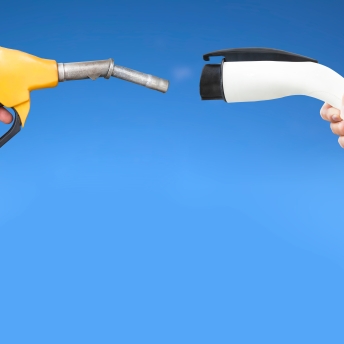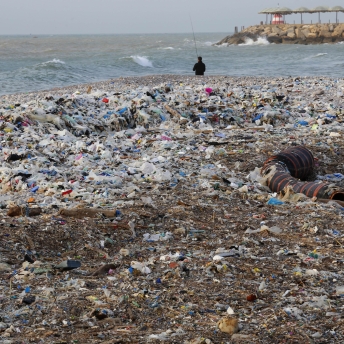Carlo Stella
Managing Partner
Global Practice Leader, Sustainability
Carlo is Manging Partner and Global Head of Sustainability Practice

Education
Past Experience

Carlo is Manging Partner and Global Head of Sustainability Practice
His main areas of expertise cover strategy definition, organizational design, transformation programs where he infuses sustainability as relevant for the clients. He has practiced his skills in several industries, such as postal, travel, private equity, FMCG, manufacturing and financial services before focusing more in latter years on utilities and public sector.
Accustomed to work with multicultural teams in different countries, Carlo started his career with Arthur D. Little in Italy, where he was involved in projects in several countries, e.g., Belgium, China, Croatia, France, Italy and Switzerland. In 2013, Carlo participated in the Arthur D. Little international mobility program, and then transferred permanently to the Dubai office.
Beyond his role as Global Practice Leder, Sustainability Practice Carlo is actively engaged in company development through his active participation in the internal ESG Steering Committee as well as in leading the ESG and Collaboration initiatives in ADL Middle East and India
Carlo is fluent in Italian, English and French, and has basic communication skills in Arabic.

Oil, petrochemicals & water: Finding a new equilibrium

Successful private sector participation in noncore defense activities

Hydrogen

Water supply for mining industry: The Chile case

Taking demand-side response to the household level

Overcoming the challenges to sustainability


Corporate sustainability – Using your ecosystem to sustain the ecosystem

Paving the way for green hydrogen

An unprecedented opportunity for a new start


Successful Public-Private Partnerships

The forecourt of the future

Electric mobility impact on downstream oil business

The Lebanon municipal solid waste crisis

Carlo is Manging Partner and Global Head of Sustainability Practice
His main areas of expertise cover strategy definition, organizational design, transformation programs where he infuses sustainability as relevant for the clients. He has practiced his skills in several industries, such as postal, travel, private equity, FMCG, manufacturing and financial services before focusing more in latter years on utilities and public sector.
Accustomed to work with multicultural teams in different countries, Carlo started his career with Arthur D. Little in Italy, where he was involved in projects in several countries, e.g., Belgium, China, Croatia, France, Italy and Switzerland. In 2013, Carlo participated in the Arthur D. Little international mobility program, and then transferred permanently to the Dubai office.
Beyond his role as Global Practice Leder, Sustainability Practice Carlo is actively engaged in company development through his active participation in the internal ESG Steering Committee as well as in leading the ESG and Collaboration initiatives in ADL Middle East and India
Carlo is fluent in Italian, English and French, and has basic communication skills in Arabic.

Oil, petrochemicals & water: Finding a new equilibrium

Successful private sector participation in noncore defense activities

Hydrogen

Water supply for mining industry: The Chile case

Taking demand-side response to the household level

Overcoming the challenges to sustainability


Corporate sustainability – Using your ecosystem to sustain the ecosystem

Paving the way for green hydrogen

An unprecedented opportunity for a new start


Successful Public-Private Partnerships

The forecourt of the future

Electric mobility impact on downstream oil business

The Lebanon municipal solid waste crisis
More About Carlo
- Politecnico di Torino (Italy),Master of Science in Mechanical Engineering
- University of Illinois at Chicago (USA)Master of Science in Mechanical Engineering
- CERN (Geneva)internship
